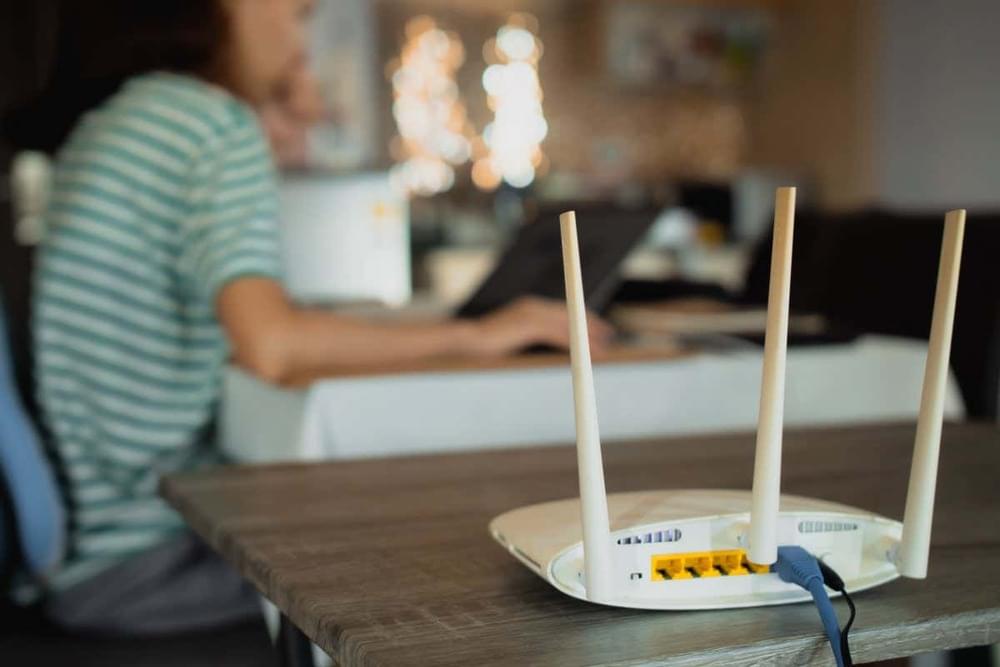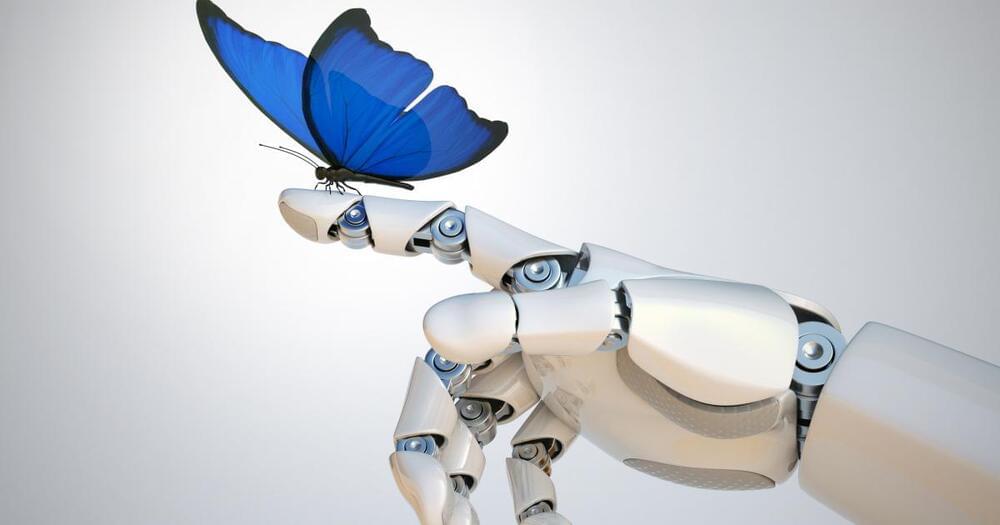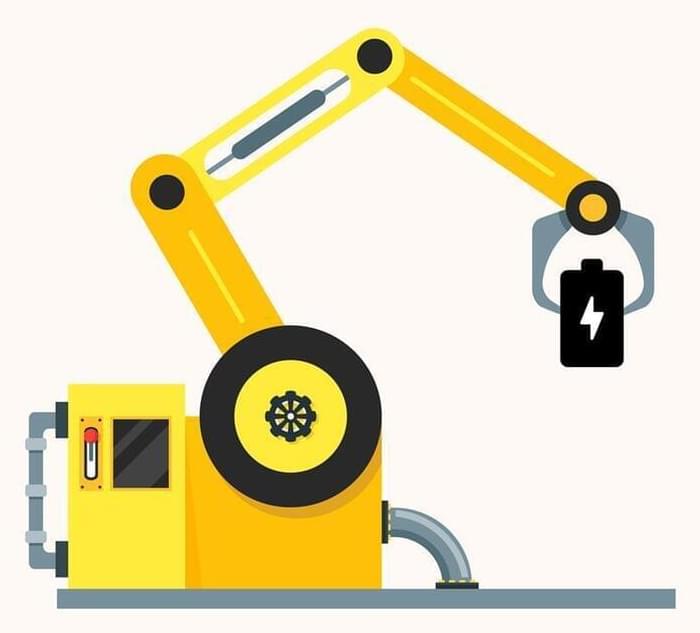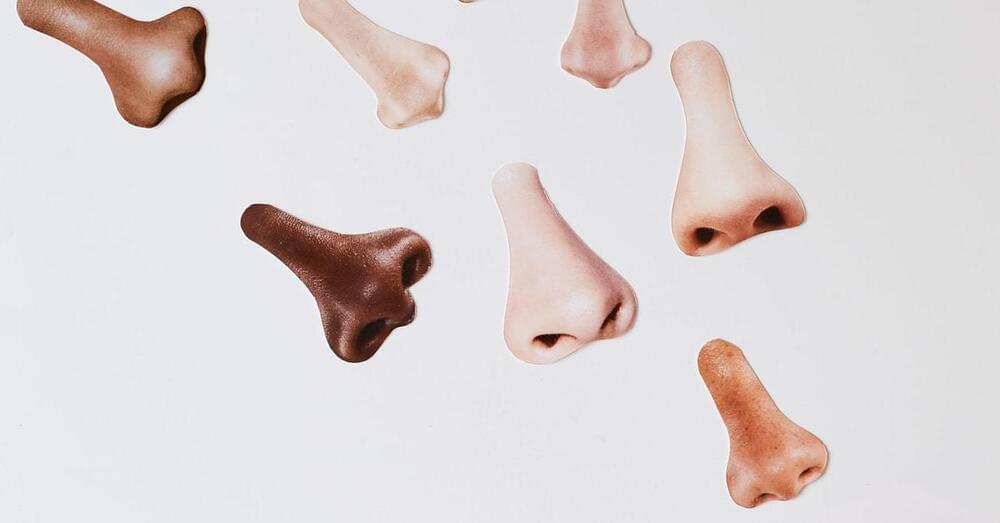A new technological development by Tel Aviv University has made it possible for a robot to smell using a biological sensor. The sensor sends electrical signals as a response to the presence of a nearby odor, which the robot can detect and interpret.
In this new study, the researchers successfully connected the biological sensor to an electronic system and, using a machine learning algorithm, were able to identify odors with a level of sensitivity 10,000 times higher than that of a commonly used electronic device. The researchers believe that in light of the success of their research, this technology may also be used in the future to identify explosives, drugs, diseases, and more.
The biological and technological breakthrough was led by doctoral student Neta Shvil of Tel Aviv University’s Sagol School of Neuroscience, Dr. Ben Maoz of the Fleischman Faculty of Engineering and the Sagol School of Neuroscience, and Prof. Yossi Yovel and Prof. Amir Ayali of the School of Zoology and the Sagol School of Neuroscience. The results of the study were published in Biosensors and Bioelectronics.






